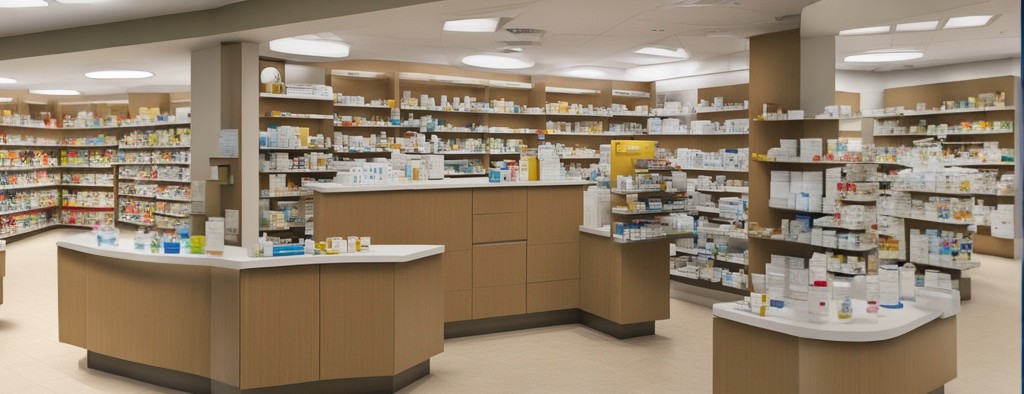Slideshow: 10 Effects of Low T
Fatigue is a common effect of low testosterone. You might feel like you just don’t have the energy that you’re used to. Or you might be incredibly tired.
But many other things can sap your energy, too, including normal aging and depression.
Getting enough sleep may help raise your energy levels. Try to get at least 7 to 8 hours each night.
See your doctor for more help with unusual fatigue.
Changes in Sex Life
A drop in your sex drive can be due to low T. So can erectile dysfunction.
Low testosterone alone is rarely the only reason for weaker and fewer erections. Other medical problems can be to blame, such as heart disease or diabetes.
Check with your doctor. If you have low testosterone levels, your sex drive may get better with treatment.
Fuzzy Thinking
Low testosterone can hurt your mental focus and memory. You may forget what you planned to do and have trouble concentrating. This happens more often when testosterone levels are extremely low.
Changes in Mood
Low testosterone can get you down — a little or to the point sadness or depression. To help, take steps to ease stress. Try meditation, yoga, exercise, or massage.
Some men really see a change in personality. Nothing seems to make them happy anymore and they don’t want to do things they used to enjoy.
When testosterone levels are back to normal, men often say they feel like themselves again.
Muscle Changes
Because testosterone helps build muscle, when it gets low, so does your muscle mass and strength. When you work out you don’t see the results that you would normally expect from exercise.
Regular exercise can help boost your testosterone levels. Be sure to work large groups of muscles when you exercise and do some weight lifting, too.
More Body Fat
Not only can you lose muscles with low testosterone, you can also gain fat. If you’re not building muscle with the calories you take in and the physical activity you do, then your body turns the calories into fat.
Eat a healthy diet. When you start to lose weight and extra body fat from dieting, you may lose some muscle. If you are overweight, eat a healthy diet to reduce the extra poundage, especially around the middle. Your body can make more testosterone as you lose weight.
Thinning Body Hair
Low testosterone can cause you to lose some facial hair, pubic hair, and hair on your arms and lower legs.
But one thing you should know. There’s a link between testosterone therapy and male-pattern balding. Your doctor can talk to you about any side effects of testosterone treatment.
Loss of Bone Mass
Low testosterone has been linked to osteoporosis, a disease that weakens bones. But there are other causes of osteoporosis too, so check with your doctor.
To keep your bones healthy, don’t smoke, and cut back on alcohol. Also get regular exercise, including weight-bearing exercise.
Trouble Sleeping
When your testosterone levels are low, you might have trouble with insomnia and restlessness at night.
To help get a good night’s sleep, have a relaxing bedtime routine. Go to bed and wake up at the same time, even on weekends. Make your bedroom dark, quiet, and comfortable, and only use it for sleep and sex.
Problems on the Job
Many of the effects of low testosterone — focus problems, mood issues, and low energy — can make it hard to stay on top of your game at work.
If your work or home life has changed dramatically for the worse, a full medical checkup might help find the cause. A blood test can show whether you have low testosterone levels.
If you have low T, healthy lifestyle changes are important, along with any testosterone therapy your doctor might suggest.
Up Next
Next Slideshow Title
IMAGES PROVIDED BY:
1) KidStock / Blend Images
2) Daniel Laflor / the Agency Collection
3) Wavebreakmedia Ltd / the Agency Collection
4) Noel Hendrickson / Blend Images
5) Daniel Grill
6) Image Source
7) Purestock
8) Noel Hendrickson / Photographer’s Choice RF
9) Dougal Waters/ Digital Vision
10) Jetta Productions / Iconica
American Association of Clinical Endocrinologists: “Medical Guidelines for Clinical Practice for the Evaluation and Treatment of Hypogonadism in Adult Male Patients—2002 update.”
Beauchet, O. European Journal of Endocrinology, 2006.
Columbia University, Go Ask Alice: “Does exercise (i.e. weight lifting) increase testosterone levels?”
Dandona, P. International Journal of Clinical Practice, 2010.
Tobias S. Kohler MD, MPH, urologist, associate professor of surgery, Southern Illinois University School of Medicine.
Mehta, P. Hormones and Behavior, November 2010.
National Sleep Foundation: “Healthy Sleep Tips.”
University of Virginia Health System: “Impotence.”
Urology Care Foundation: “Low Testosterone (Hypogonadism).”
This tool does not provide medical advice. See additional information.
THIS TOOL DOES NOT PROVIDE MEDICAL ADVICE. It is intended for general informational purposes only and does not address individual circumstances. It is not a substitute for professional medical advice, diagnosis or treatment and should not be relied on to make decisions about your health. Never ignore professional medical advice in seeking treatment because of something you have read on the WebMD Site. If you think you may have a medical emergency, immediately call your doctor or dial 911.
